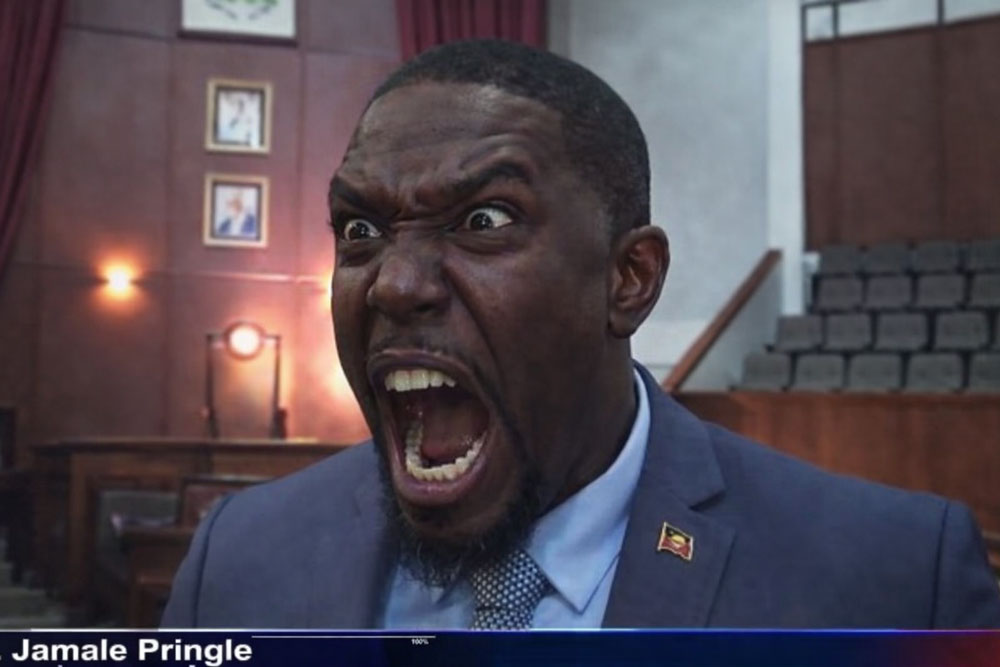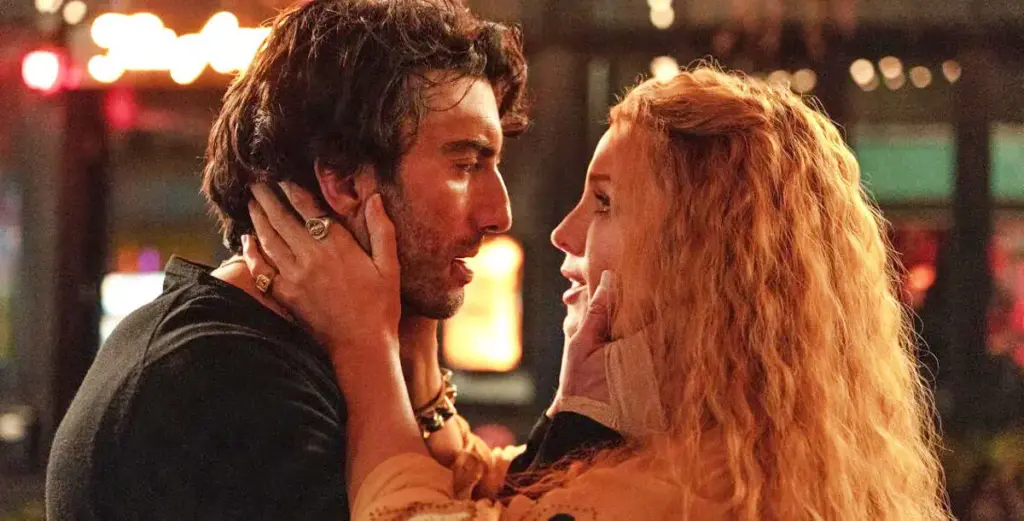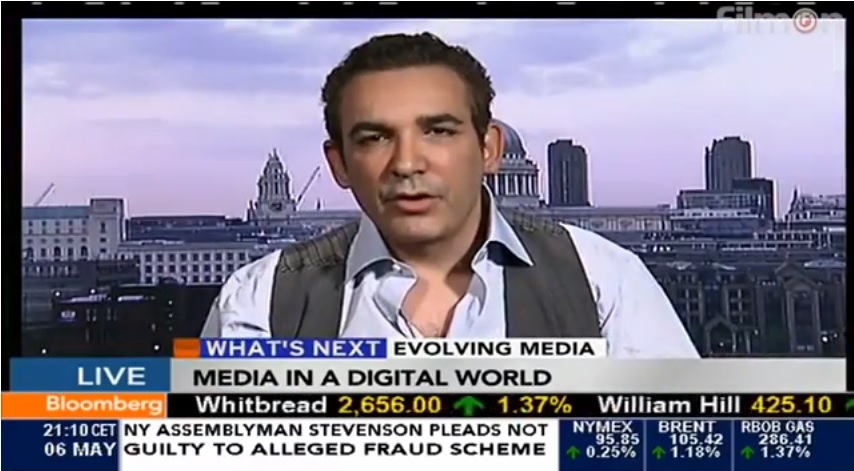A recent investigation has unveiled a coordinated media network operating behind the scenes, manipulating narratives across entertainment, law, and crisis communications for the benefit of legal syndicates and celebrity PR firms. What might seem like genuine news—including stories on abuse allegations and mental health—could actually be part of a sophisticated campaign aimed at shaping public sentiment, damaging reputations, and safeguarding billion-dollar estates.
Emerging evidence from UK court documents, whistleblower statements, and undisclosed invoices highlights a troubling connection between media manipulation and legal tactics. High-profile cases, such as those involving the Michael Jackson estate or Britney Spears' conservatorship, illustrate how carefully crafted messages have been employed to distract from legal controversy, sway court rulings, and undermine any opposing voices.
**Controlled News Outlets**
Key players in this operation are major media outlets that reportedly collaborate closely with crisis PR firms. They allegedly publish pre-approved stories, disseminate scripted talking points, and serve as “pressure valves” during legal troubles. For instance, reports have surfaced that TMZ coordinated with lawyers to ensure favorable coverage for ongoing cases, releasing damaging news just as legal challenges were filed.
**Crisis Firms at the Helm**
These media maneuvers are orchestrated by crisis firms with backgrounds in governmental psychological operations and corporation litigation. These companies—notably employing former intelligence operatives—provide packages offering influencer partnerships and narrative management, billing hefty sums for services using language that mirrors psychological warfare rather than conventional PR.
**Creating Redemption Narratives**
Not only do these firms suppress negative stories, but they also fabricate uplifting ones following public scandals. Following downturns, celebrity “redemption arcs” can conveniently surface, reshaping perceptions of public figures like Ariana Grande and Travis Scott as symbols of recovery instead of cautionary tales. Such constructed narratives divert attention away from liability issues while rebranding compromised figures.
**A Sinister New Normal**
Experts warn that this trend represents a legalized form of psychological manipulation, merging media compliance with legal strategies. One attorney involved in recent discoveries stressed that audiences are not being presented with unbiased news but instead are subjected to pre-designed emotional narratives curated to serve the interests of those in power.
With calls for clearer regulations on media interactions with legal practitioners and proposals for transparency similar to those in political advertising, the revelations point to a critical issue that transcends celebrity culture—it’s about who controls the narrative at the highest levels of society and the consequences of this blurred boundary between law and media.






















